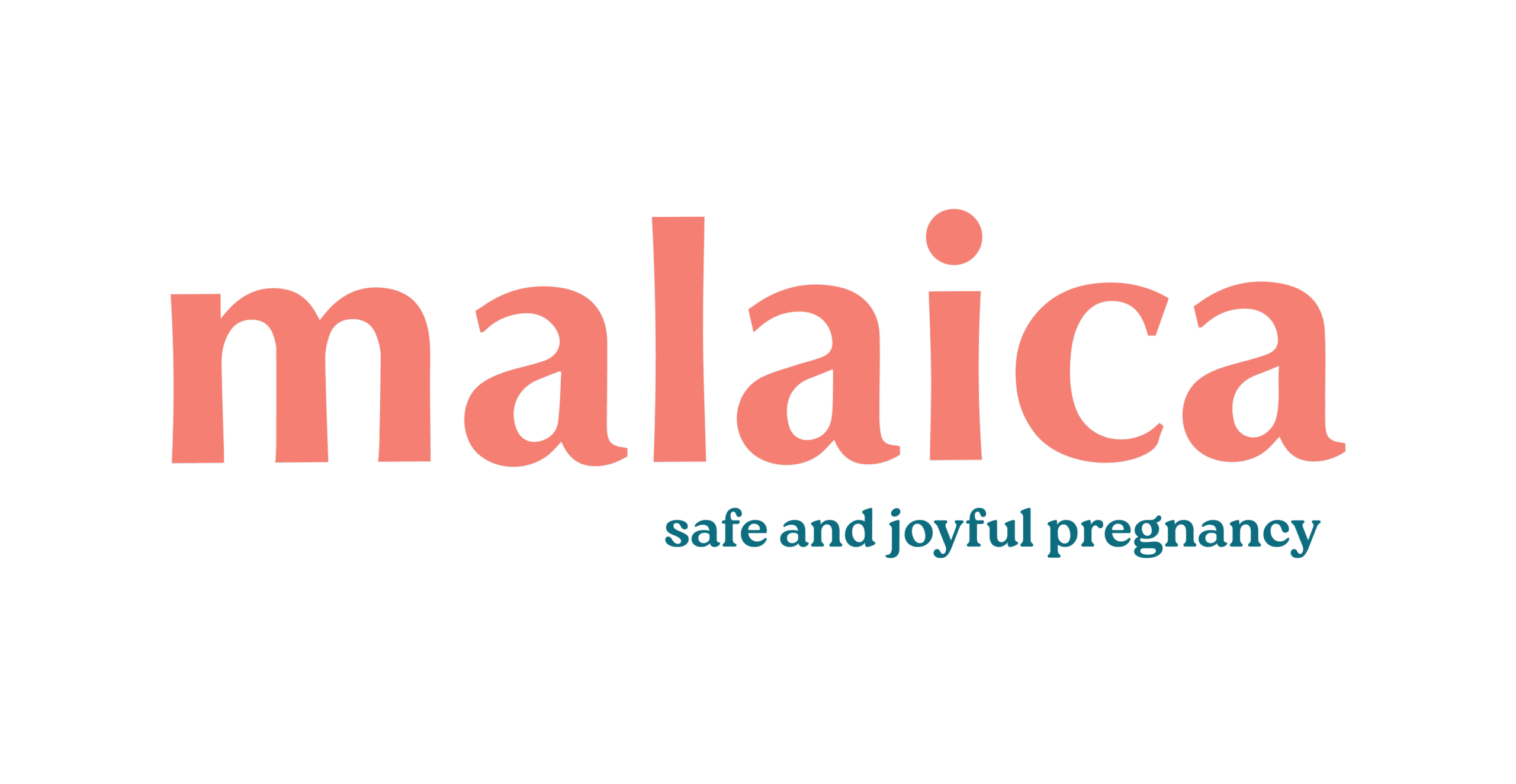icture that huge tangled ball of yarn. And you are trying to slowly pull a string out hoping you don’t accidentally tie a knot. That’s what early motherhood can feel like, a mix of emotions, hormones, exhaustion, and endless responsibility all wound up together. One moment you’re gazing lovingly at your baby’s tiny fingers, and the next, you’re wondering when you last ate, slept, or even took a deep breath.
Motherhood is beautiful, yes. But it’s also a lot. And for many new moms, that “a lot” can turn into something heavy, something that therapy can help lighten.
We often talk about the joy of welcoming a new baby, but rarely about the identity crisis, anxiety, and emotional fog that can accompany it. The truth is, new motherhood can be isolating. You’re healing physically, adjusting emotionally, and learning how to care for a completely dependent human being. Meanwhile, everyone’s attention is on the baby, their weight, feeding patterns, milestones and few stop to ask, “How are you, really?”
Therapy gives mothers a space to unpack that silence. It’s where they can admit they’re struggling, that they miss their old selves, or that they sometimes feel resentful or overwhelmed without fear of being judged. Because while society often paints motherhood in soft pastels and lullabies, therapy allows mothers to express the raw, unfiltered side, the tears, confusion, and exhaustion that are equally real.
After giving birth, a woman’s body goes through massive hormonal changes. Estrogen and progesterone levels plummet, and oxytocin and prolactin (the bonding and milk-producing hormones) surge. Combine that with lack of sleep, pain, and the constant demands of a newborn, and it’s easy to understand why emotions can swing wildly.
For some, these shifts manifest as the “baby blues” short-term mood swings, crying spells, and irritability that fade within a couple of weeks. But for others, the sadness lingers. They might experience deep despair, disconnection from their baby, or a sense of hopelessness, signs of postpartum depression (PPD).
Therapy becomes a lifeline here. It helps mothers distinguish between what’s “normal” hormonal adjustment and when professional support is needed. A trained therapist can provide coping tools, validate their feelings, and create strategies to navigate the day-to-day mental load.
Many new moms feel pressure to appear like they have it all together. “You should be happy,” they tell themselves, “You have a healthy baby.” But bottling up emotions often makes things worse. Therapy creates a safe, nonjudgmental space to talk about everything, from guilt and fear to anger and loneliness.
Sometimes, just saying it out loud, “I feel like I’m drowning,” “I’m scared I’m not a good mom,” or “I miss my old life”, can be healing. Therapists are trained to listen and guide mothers in understanding the root of these emotions rather than suppressing them. Over time, those tangled thoughts start to unravel, and that mental ball of yarn begins to make sense.
Therapy doesn’t just focus on mental and emotional healing, it also helps with practical aspects of motherhood. For example, cognitive behavioral therapy (CBT) can teach mothers to recognize negative thought patterns and replace them with healthier perspectives. Couples therapy can help partners understand each other’s new roles and strengthen communication. Group therapy or support groups offer community, a reminder that you’re not alone and that other moms are also figuring it out as they go.
It’s also worth noting that therapy can help mothers reconnect with themselves. After childbirth, many women struggle with identity; they are no longer just “me,” but “mom.” A therapist can help explore how to balance nurturing a baby with nurturing one’s own dreams, friendships, and individuality.
Therapy works best when paired with a supportive environment. That includes partners who share responsibilities, family members who offer help without judgment, and friends who check in not just on the baby but also on the mom.
New mothers should never have to walk the journey alone. Mental health professionals, doulas, postpartum coaches, and even online therapy platforms are making it easier to access help, no matter where you are. A single session can make a difference; a few sessions can transform how a mother experiences her new role.
Every mother deserves to feel whole, not just functional. Therapy offers that path, a way to process, rebuild, and rediscover joy in the midst of the chaos. It teaches resilience, self-compassion, and acceptance, all crucial traits not just for surviving motherhood, but for thriving in it.
So if you’re a new mom reading this, or you know one who seems quieter than usual, don’t dismiss the signs. Encourage therapy. Normalize it. Embrace it. Because therapy isn’t a sign of weakness, it’s a declaration that your wellbeing matters too.
Motherhood may be messy and tangled, but with the right help, the knots can loosen. And slowly, one thread at a time, you’ll find your rhythm again, softer, steadier, and stronger than before.


